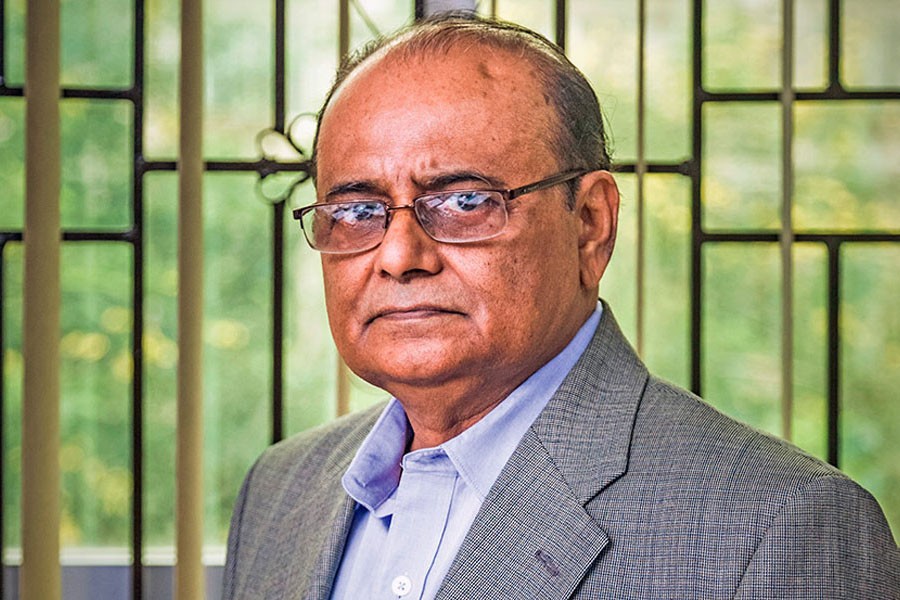
Published :
Updated :

Bangladesh's current average nominal tariffs, which are as high as 27 per cent, are higher than average tariffs of the low-income countries (LICs), middle-income countries (MICs) and high-income countries (HICs), said eminent economist Dr. Zaidi Sattar.
The Policy Research Institute of Bangladesh (PRI) Chairman said it while presenting a paper in a seminar on "Tariff Protection and Export Diversification are Not Mutually Exclusive: The Bangladesh Phenomenon".
The Bangladesh Institute of Development Studies (BIDS) organised the event at its conference room in the city on Wednesday. BIDS Director General Binayak Sen chaired the seminar.
Dr. Sattar noted that tariffs are now the principal instrument of protection as well as incentive to import-substitute production.
"Consumers bear the brunt of protection tax, as the protection policy leads to significant resource transfer from consumers to producers. The government should balance the interests of consumers and producers."
The protection that is afforded through nominal and effective tariffs is a tax on consumers, who bear the ultimate burden of protection tax by paying higher than world prices (tariff-inclusive prices) for imported products and their domestic substitutes.
So, policymakers need to balance the support that they extend to producers by ameliorating the social costs of protection, he opined.
The PRI chairman also said the community as a whole stands to gain from protection, only when the objective of protection is met, that is domestic import-substitute producers become globally competitive in the shortest possible time - so that protection can be removed and domestic prices of import substitutes converge to international prices.
"The longer this takes, the higher the social costs of protection are."
Dr. Sattar stated that across all levels of competitiveness, there is a persistence of anti-export bias for non-garment products.
"Tariffs on import-substitute production are indirect subsidies that undermine support to export and create anti-export bias."
The National Tariff Policy 2023 has taken a bold stand on several contentious issues in the political economy arena, some of which are unique to the context of Bangladesh.
"Its implementation will matter the most now."
He said the principle of time-bound protection is being introduced in the policy.
bdsmile@gmail.com


 For all latest news, follow The Financial Express Google News channel.
For all latest news, follow The Financial Express Google News channel.